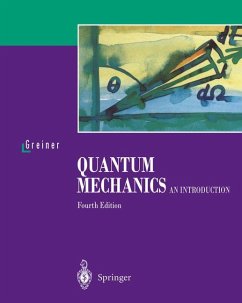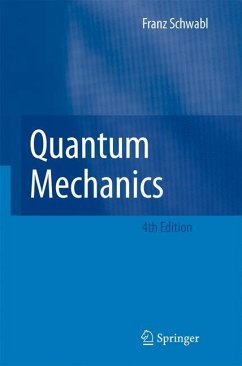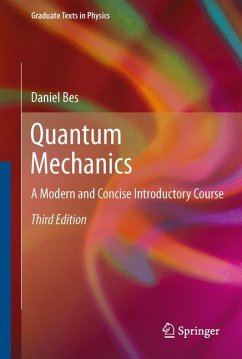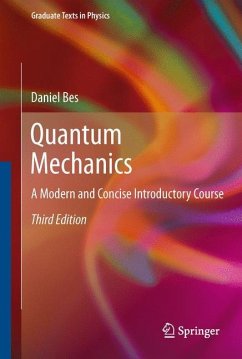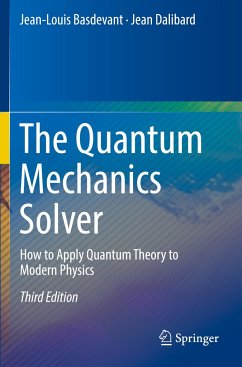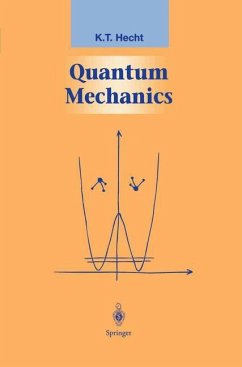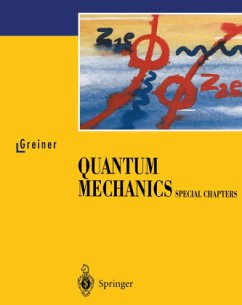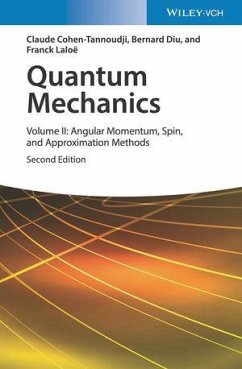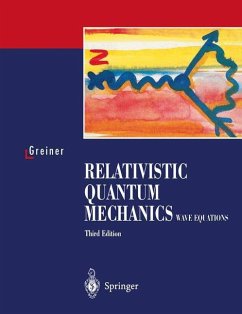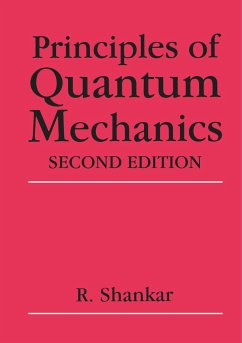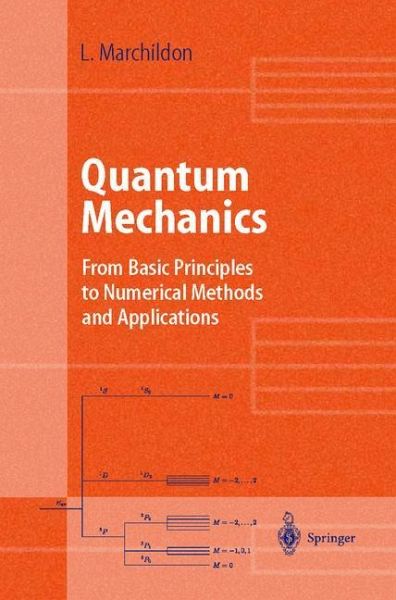
Quantum Mechanics
From Basic Principles to Numerical Methods and Applications
Versandkostenfrei!
Versandfertig in 1-2 Wochen
39,99 €
inkl. MwSt.
Weitere Ausgaben:

PAYBACK Punkte
20 °P sammeln!
Whoever begins writing a book on quantum mechanics is struck by the breadth of the subject. In its applications first: atomic and molecular p- sics, nuclear physics, optics, solid state physics, theory of gases and liquids, elementary particles theory, almost all fields of contemporary physics are based on quantum mechanics. In its formulation, also, which borrows from many subfields of mathematics and reaches philosophical reflection as much as modern technology. The writing therefore implies, at the outset, making choices. I first chose to write a book for those who strive to understand qu- ...
Whoever begins writing a book on quantum mechanics is struck by the breadth of the subject. In its applications first: atomic and molecular p- sics, nuclear physics, optics, solid state physics, theory of gases and liquids, elementary particles theory, almost all fields of contemporary physics are based on quantum mechanics. In its formulation, also, which borrows from many subfields of mathematics and reaches philosophical reflection as much as modern technology. The writing therefore implies, at the outset, making choices. I first chose to write a book for those who strive to understand qu- tum mechanics. These are physics students, of course, but also students and investigators in theoretical chemistry, biophysics and engineering physics w- hing to comprehend more deeply the computational methods they use. I have thus tried to clarify delicate points rather than leave them aside. Conceptual problems are treated in more detail than in most general textbooks. But understanding also involves the capability to perform concrete calculations. This motivates the development of numerical methods which, most of the time, are the only ones that yield quantitative results. I chose also to present quantum mechanics as a self-contained theory. The exposition largely develops around the central notion of state space.



